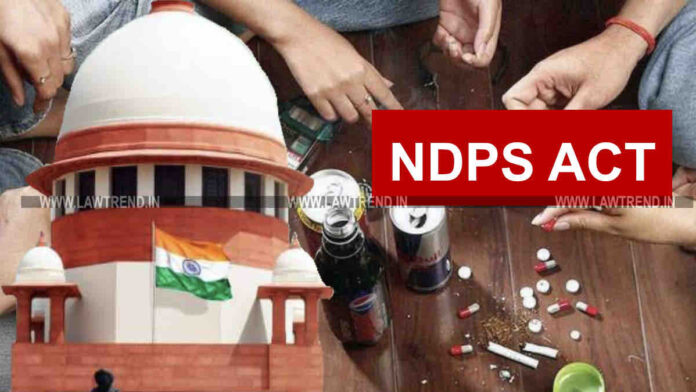The Supreme Court of India on December 20 clarified the legal proceedings under the Narcotic Drugs and Psychotropic Substances (NDPS) Act, overturning a previous ruling by the Delhi High Court concerning the handling of seized narcotics. The apex court emphasized that non-compliance with Section 52A of the NDPS Act, which prescribes the procedure for disposal of seized narcotics, does not invalidate the evidence nor does it automatically warrant bail for the accused.
In 1989, Section 52A was introduced to expedite the disposal of confiscated narcotics, aligning with international drug control conventions. The Supreme Court stated, “Any lapse or delay under Section 52A is a procedural irregularity and does not render the evidence inadmissible.” The court highlighted that each case must be evaluated on its specific circumstances, and procedural mistakes alone do not justify the release of the accused on bail.
Furthermore, the court reiterated the significance of Section 37 of the NDPS Act in bail considerations, stating that the mandatory recording of findings under this section is crucial for bail decisions in drug-related offenses.
The judgment came from a bench of Justice Bela M. Trivedi and Justice Satish Chandra Sharma, who reviewed an appeal by the Narcotics Control Bureau (NCB) against a May 18 Delhi High Court decision. The High Court had granted bail to an individual named Kashif, ruling that narcotics samples must be forwarded to the laboratory within 72 hours of seizure and drawn in the presence of a Magistrate, as stipulated by Section 52A.
The Supreme Court, while not revoking Kashif’s bail, has given the Delhi High Court a four-week period to revisit and decide on the matter anew, addressing the procedural concerns raised by the NCB. The NCB’s appeal highlighted discrepancies in how samples were handled post-seizure and challenged the necessity of magistrate presence during the sampling as interpreted by the High Court.




